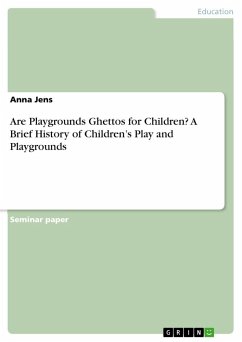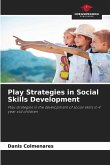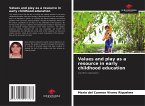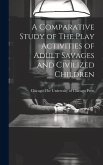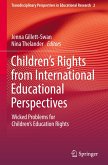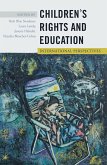Seminar paper from the year 2014 in the subject Pedagogy - Miscellaneous Topics, grade: 2,0, Free University of Berlin (Fachbereich Erziehungswissenschaften uns Pychologie), language: English, abstract: The goal of this paper is to answer the question, if it is legitimate to call playgrounds "ghettos for children", as is often done in literature. Children's play is an essential part of playgrounds, and therefore by looking at the history of the acceptance of children's play, one can also see how children and their culture have been viewed in Western societies. By having a closer look at the term "ghetto" as well as which attributes, according to some critics, these two places have (or do not have) in common, one can come to a solution why the term "ghetto" has often been misused and trivialized in this context. But are they really "ghettos", places where a minority is separate from the rest of the community, or are they rather a sort of oasis, refuges in an otherwise hostile environment?
Hinweis: Dieser Artikel kann nur an eine deutsche Lieferadresse ausgeliefert werden.
Hinweis: Dieser Artikel kann nur an eine deutsche Lieferadresse ausgeliefert werden.

